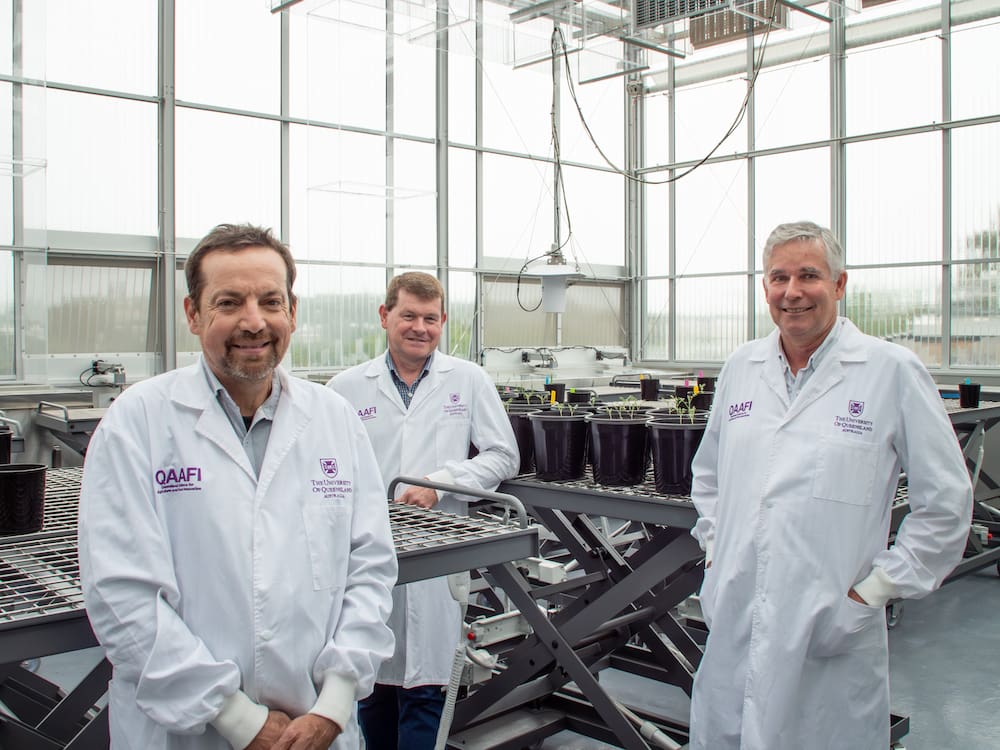University of Queensland researchers are setting the agenda for breeding high yield, heat tolerant and disease-resistant crops and low emission cattle with excellent feed conversion efficiency as they search for the ultimate genotype.
Professor Ben Hayes from UQ’s Queensland Alliance for Agriculture and Food Innovation (QAAFI) said the ultimate genotype can improve the performance of the best individuals in a species population up to 6 times, and has been demonstrated in dairy cattle, wheat and chickpeas.
“With millions of cattle and plants now genome profiled, we can imagine what ultimate genotypes look like – with the best chunks of genome from across a population stacked into one ‘ultimate individual’,” Professor Hayes said.
“We believe rapid advances in gene editing and synthetic biology are potential pathways to get to that target as quickly as possible.”
Professor Hayes said there were limitations to trying to achieve the ultimate genotype using conventional methods.
“Even with speed breeding in crops and IVF in cattle, our digital twin simulations show us that breeding the ultimate genotype will take many generations,” he said.
“The welfare and fitness of animals is paramount if you’re doing this in livestock, as improvements in a single trait can have detrimental consequences in other traits.
“The climate is also changing so rapidly that the target is constantly moving, and at the same time consumer preferences are changing.
“That’s where gene editing and synthetic biology come in – these technologies could help us obtain ultimate genotypes in just a few generations.”
QAAFI plant geneticist Professor Ian Godwin said the potential is enormous.
“If successful, this technology is going to change plant and animal breeding,” Professor Godwin said.
“Excitingly, we’re already editing one or two genes and speeding up our ability to create new genetic combinations.
“Our simulations tell us the level of genetic advances is going to be higher if we can edit large numbers of genes simultaneously.”
Professor Godwin said international collaboration was vital for the approach to succeed, with efforts already underway via the International Research Training Group and the UQ-led ARC Training Centre in Predictive Breeding.
“We’re calling for other groups involved in genetics worldwide to come forward and collaborate with us.
“We’re looking to test these theories on a broad scale and on a number of species, and eventually get them from glass houses and laboratories out into the field.”
Source: UQ. The paper was published in Nature Genetics.

